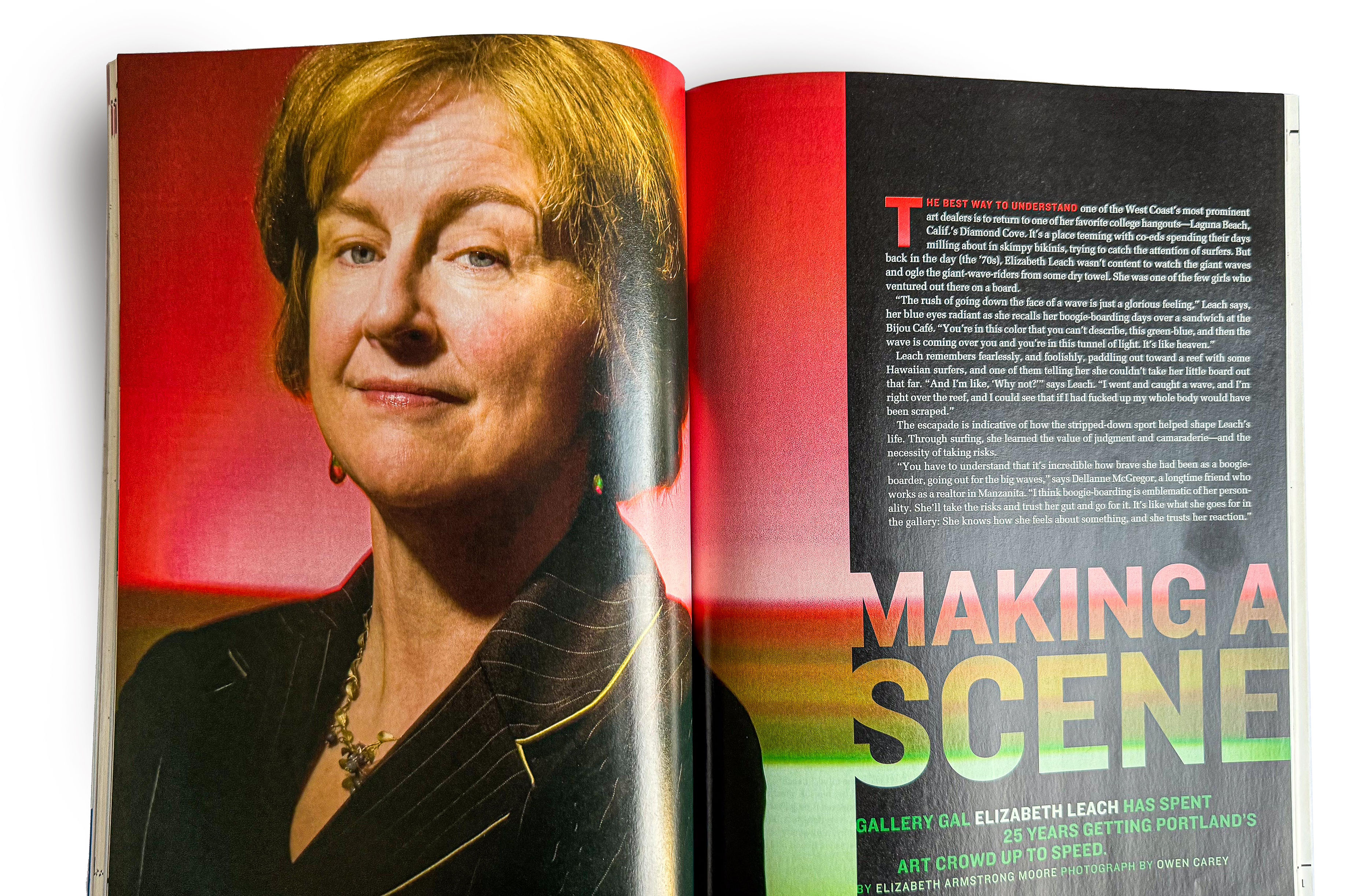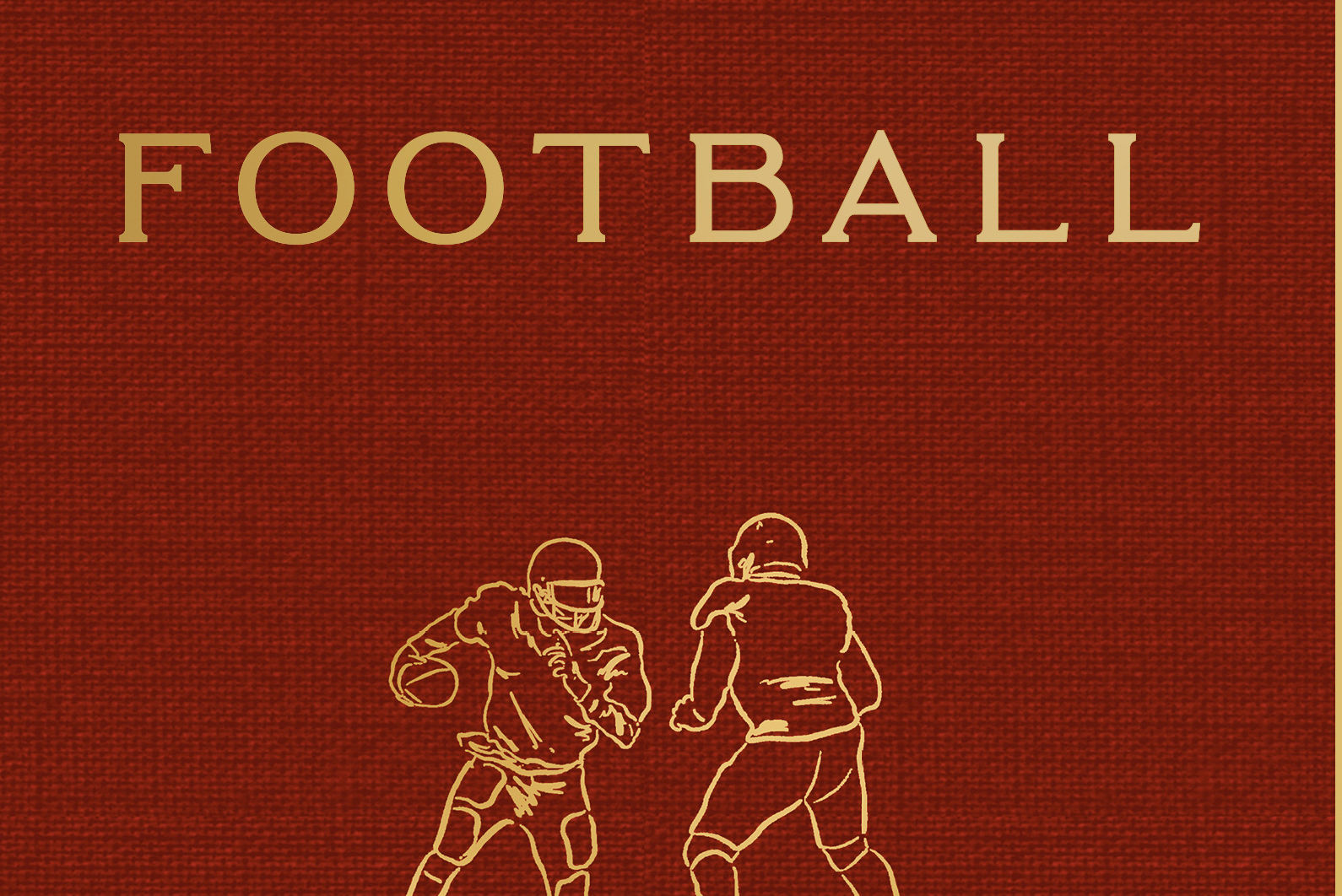An Incomplete Timeline of Portland’s Musical History
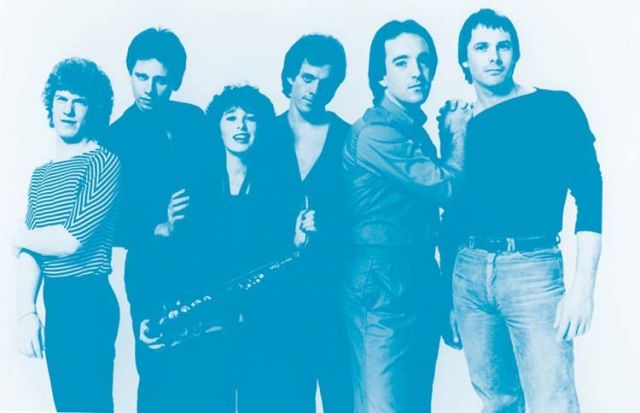
Quarter Flash
Image: Courtesy Geffen Records
1945
Jazz club the Dude Ranch opens at 240 N Broadway. It operates for just a single year but plays host to everyone from Thelonious Monk to Nat King Cole, cementing a firm place in Northwest legend. It also heralds Portland’s post-World War II jazz boom, brought on partially by the influx of Black workers who had sought employment in the city’s wartime shipbuilding industry. For the next decade, similar jazz clubs pop up along and around N Williams, earning the neighborhood the nickname Jumptown.
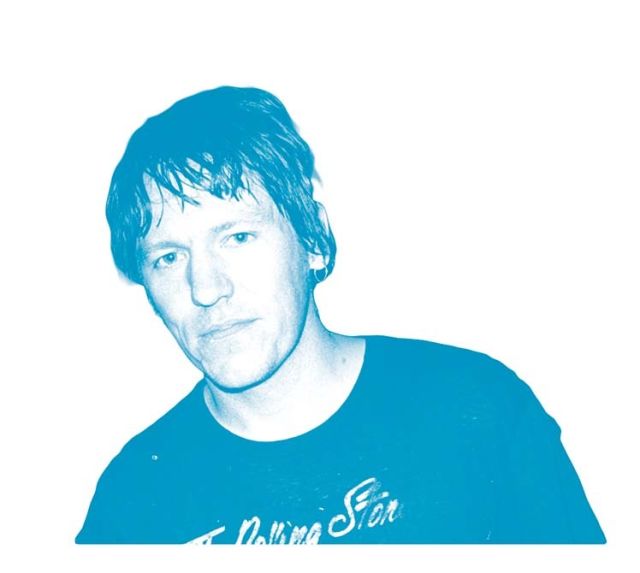
Elliott Smith
Image: Courtesy Heaven Adores You
1960s
Garage rock explodes in Portland and Eugene. The Kingsmen become the first Portland band to break the Billboard top 10, peaking at no. 2 with 1963’s “Louie Louie.” Paul Revere & the Raiders, who relocate to Portland in 1962 after forming in Boise, aren’t far behind—before the ’70s roll in, the Raiders log four top 10s, innumerable appearances with Dick Clark, and a cameo on the Adam West Batman series. In 2019, they'll reenter the zeitgeist when Quentin Tarantino dots the soundtrack of Once Upon a Time ... In Hollywood with some of their shiniest hits.
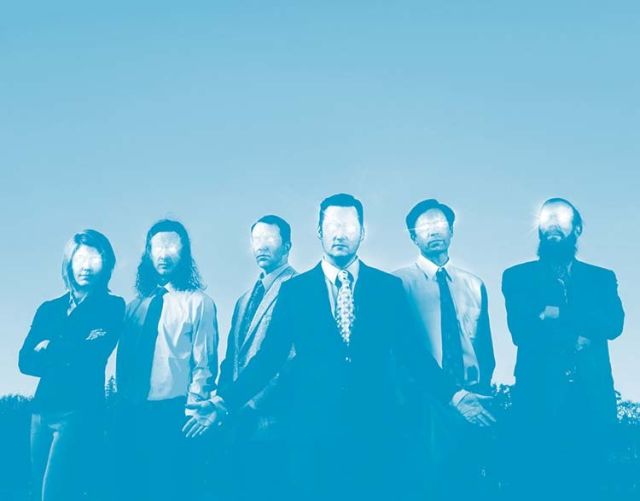
Modest Mouse
Image: Courtesy Epic Records
1981
Soft rock outfit Quarterflash becomes the first Portland band of the ’80s to produce a bona fide hit. “Harden My Heart,” originally released in a stripped-down format, gets a sax-heavy makeover and reaches no. 3 on the Hot 100 and no. 1 on the rock charts. Its legacy lives on through a spot on the song list of the ’80s-themed 2009 Broadway musical Rock of Ages.
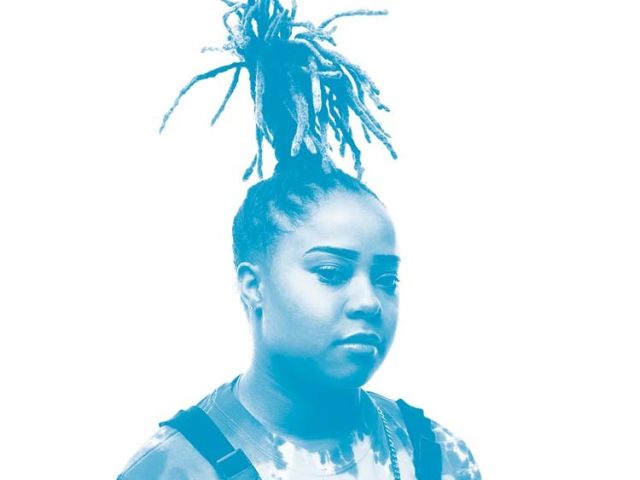
KayleyaJ
Image: Courtesy Marmoset Music
1988 (Maybe)
Courtney Love meets Kurt Cobain for the first time at Old Town punk club Satyricon, kicking off one of rock’s most tumultuous and significant pairings. In a 2012 interview with Fuse, Love says she met Cobain at the club after reading spoken-word poetry with garage rockers Dharma Bums in 1988. Other accounts push the date to 1989 or 1990, when the two wrestled over control of the jukebox after a Nirvana gig.
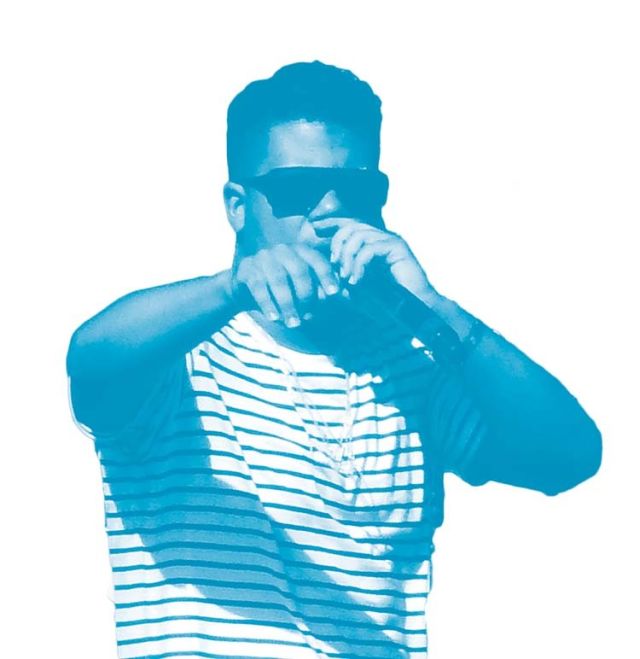
ILoveMakonnen
Image: Wikimedia Commons
1990s
DIY hits its stride, and Portland is a damp, divine epicenter. Singer-songwriter Elliott Smith enters the scene in 1991, and by 1998, is performing at the Academy Awards. Riot grrrl (and post-riot grrrl) heavy hitters like Bikini Kill and Sleater-Kinney bounce back and forth between Portland and the Puget Sound. Everclear flees the Bay Area for the Rose City in 1993; the Dandy Warhols pick up their guitars in ’94. Seattle-based label Sub Pop—established in ’88—is actively snapping up Portland talent. The dream of the ’90s is alive, indeed.
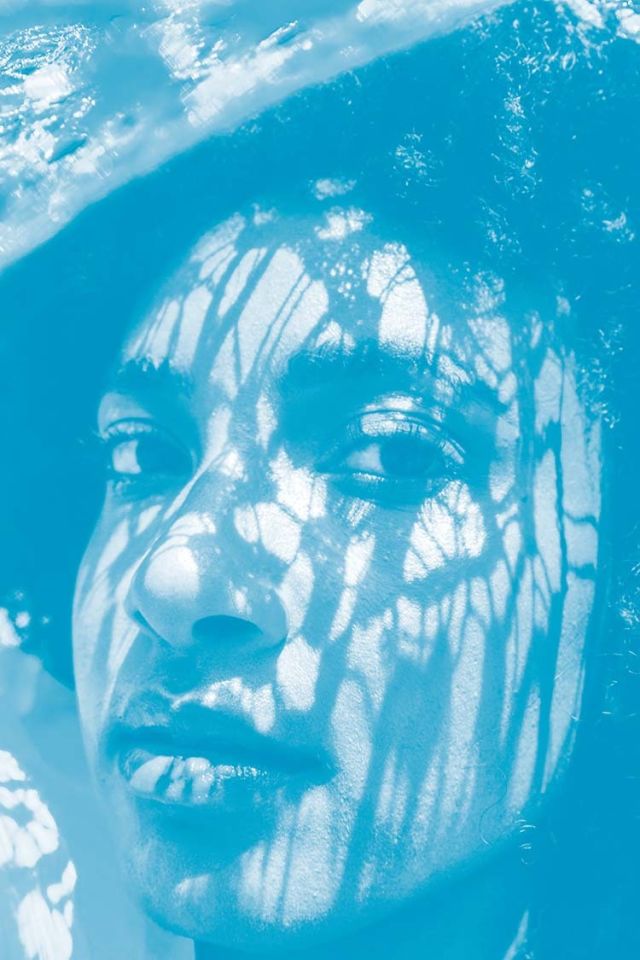
Esperanza Spalding
Image: Courtesy Shorefire Media
1995
Portland rapper Cool Nutz launches the Portland Oregon Hip-Hop Festival (POH-Hop) three years after cofounding Jus Family Records, one of the city’s earliest hip-hop labels. The Oregonian clocks around 1,800 attendees at the second POH-Hop in 1996, noting that while “Portland won’t soon be mistaken for the hip-hop meccas of New York or Los Angeles,” local interest is strong and growing.
2007
Modest Mouse becomes the first Portland band to land a no. 1 album with their fifth release, We Were Dead Before the Ship Even Sank. Smiths guitarist Johnny Marr helped with songwriting and plays on the record. Four years later, the Decemberists will score Portland’s only other no. 1 album with The King Is Dead—which features assistance from R.E.M. guitarist Peter Buck.
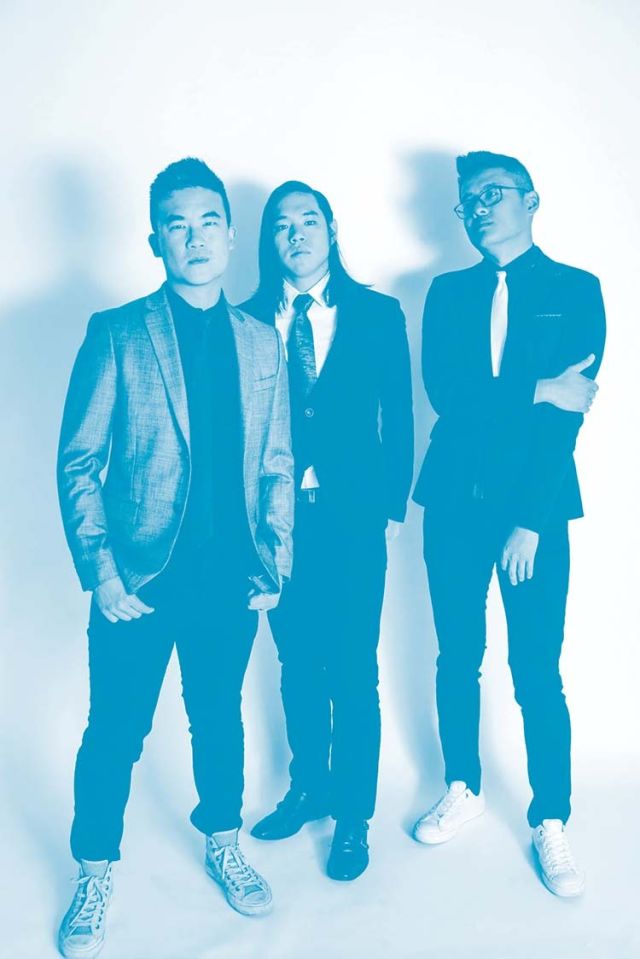
The Slants
Image: Courtesy The Slants
2010s
A new crop of R&B and hip-hop stars starts to gel: natives like Blossom and KayelaJ are in the mix, plus buzzy transplants like ILoveMakkonen and the Last Artful, Dodgr.
2011
Jazz renegade Esperanza Spalding becomes the first Portlander—and first jazz musician—to snag the Grammy for Best New Artist, beating out Justin Bieber, Florence + the Machine, Drake, and Mumford & Sons. Before the decade is out, she’ll win three more.
2017
Portland rock band The Slants (sometimes touted as “only Asian-American dance rock band in the world”) enter the national spotlight when the legal battle to trademark their name rises to the Supreme Court. Founding member Simon Tam was denied a trademark for the band’s name in 2010 due to a clause in the Lanham Act that prohibited “disparaging” language in registered trademarks, and he spent seven years appealing the decision. In the end, SCOTUS ruled in Tam’s favor, striking down the clause as unconstitutional.
